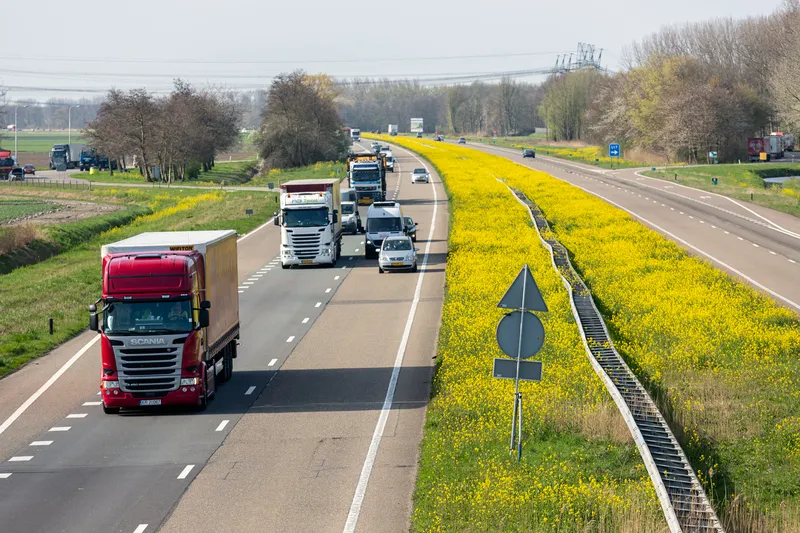FIA Region 1 has responded to the news that German Transport Minister Alexander Dobrindt and European Transport Commissioner Violeta Bulc have reached a deal for a non-discriminatory roll out of a controversial road toll scheme in Germany. Although final details of the deal have yet to be released, FIA Region I cautiously welcomes the deal if it means the replacement of some existing road taxes. The German Minister has committed to earmark revenue from the new road taxation scheme to be re-invested into the
December 5, 2016
Read time: 2 mins
FIA Region 1 has responded to the news that German Transport Minister Alexander Dobrindt and European Transport Commissioner Violeta Bulc have reached a deal for a non-discriminatory roll out of a controversial road toll scheme in Germany. Although final details of the deal have yet to be released, 8054 FIA Region I cautiously welcomes the deal if it means the replacement of some existing road taxes. The German Minister has committed to earmark revenue from the new road taxation scheme to be re-invested into the road infrastructure. European motorists already pay a high level of taxation, covering their costs to the infrastructure at a ratio of 214 per cent.
Jacob Bangsgaard, FIA Region I Director General, said: “European motorists already pay a high level of taxes to use the roads. We hope that the German road toll scheme proposal removes any discrimination against non-Germans. Rather than placing an additional burden on motorists, the Commission and Member State governments should look to the income that is already being generated for better investment into Europe’s road network.”
Some neighbouring countries, such as Austria and the Netherlands still question whether a system that compensates the costs for German nationals and not for foreigners can be non-discriminatory. As the proposal emerges, it will be examined in more detail by FIA Region I and our Mobility Clubs.
Whether or not the scheme will be approved still depends on a vote in the German Parliament, which is unlikely to happen before the upcoming elections. Nevertheless, the Commission seems determined to use this momentum to push forward its goal to add passenger cars to the Eurovignette Directive, thus facilitating Member States to change or increase their taxation of private cars.
Jacob Bangsgaard, FIA Region I Director General, said: “European motorists already pay a high level of taxes to use the roads. We hope that the German road toll scheme proposal removes any discrimination against non-Germans. Rather than placing an additional burden on motorists, the Commission and Member State governments should look to the income that is already being generated for better investment into Europe’s road network.”
Some neighbouring countries, such as Austria and the Netherlands still question whether a system that compensates the costs for German nationals and not for foreigners can be non-discriminatory. As the proposal emerges, it will be examined in more detail by FIA Region I and our Mobility Clubs.
Whether or not the scheme will be approved still depends on a vote in the German Parliament, which is unlikely to happen before the upcoming elections. Nevertheless, the Commission seems determined to use this momentum to push forward its goal to add passenger cars to the Eurovignette Directive, thus facilitating Member States to change or increase their taxation of private cars.








